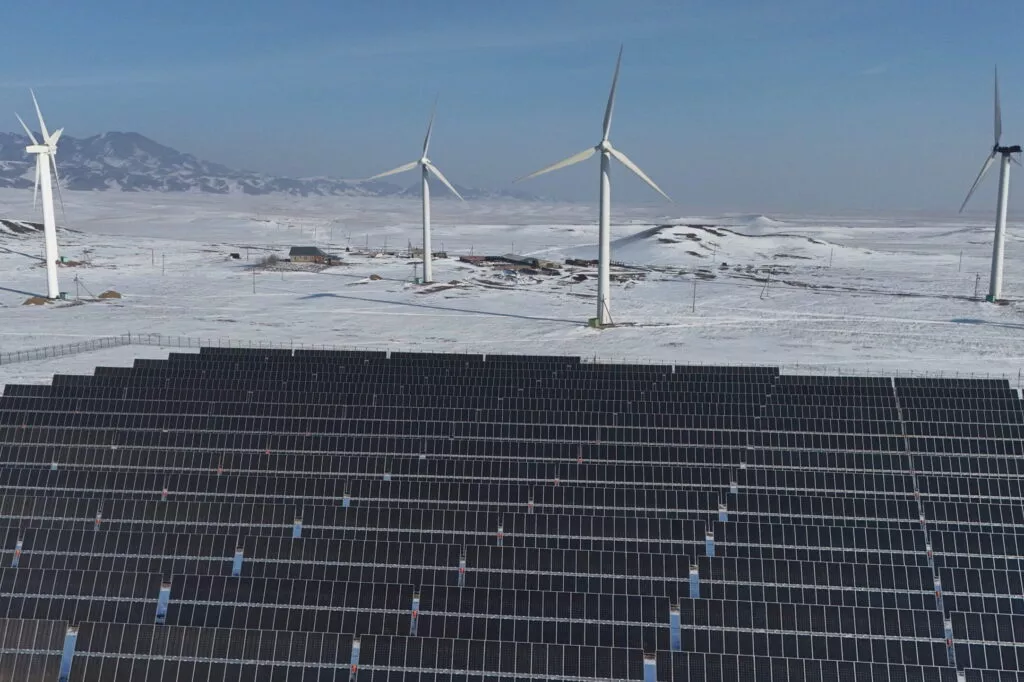A tough road ahead for Huawei
China’s ambitious plan of dominating the technological sphere faces huge resistance from global leaders. UK taking the lead announced that its telecom networks would not be allowed to buy new Huawei 5G kit from 31 December and all such equipment should be stripped out of mobile networks by 2027.
Huawei was founded in 1987 in Shenzhen, southern China, by Ren Zhengfei, a former army officer. The 5G roll out plan, claims that it will offer high speeds of communications in time, close to 20Gbps.
But to make this possible, it requires extended groundwork with antennas needed everywhere, from lampposts to bus shelters, in addition to more of the rooftop poles. These structures will boost thousands of data-capturing sensors that will allow the authorities and businesses to gain deeper insights about consumer behaviour and provide “smarter” services, with rising presence of Chinese companies such as ZTE, and Huawei.
Such a presence raises grave concerns that the equipment sourced from Chinese vendors may contain back channels enabling surveillance by the Chinese government furthering its intelligence activity internationally and fear of imposing Chinese Internet Security Law, which could compel companies and individuals to assist the state intelligence agency mining data whenever requested.
This plan of technological expansion has met with immense global outcry, with members of Five Eyes International Intelligence Alliance declaring the use of Huawei telecom equipment, particularly in 5G networks, as a “significant security risks”. UK, US, Australia, and Vietnam have banned Chinese companies from delivering its 5G equipment due to security concerns. Japan has also strongly opposed the 5G ventures.
Given the global outrage China is facing due to mismanagement of Corona virus, coupled with its aggressive expansionary policies, has led to dwindling ties with several nations, which is clearly visible in its lack of support for business ventures, which could result in huge economic loss for Xi-Jinping regime.
India too is sceptical of the Huawei rollout, and is considering the move after recent Chinese intervention in Galwan valley, to restrict Chinese hegemony.
With Mukesh Ambani recently declaring Reliance to be a contender with its own 5G network solution, it is clearly a challenge to incumbent global players such as European counterparts Ericsson and Nokia along with Chinese players Huawei and ZTE.
Given the fact that, no major Chinese company is independent of the Chinese government and Communist Party, along with looming threat of exploitation of user data, it is evident that this rejection is a road block for Beijing’s expansion dreams, with huge competition from India due to better diplomatic relations, and technological advancements.













